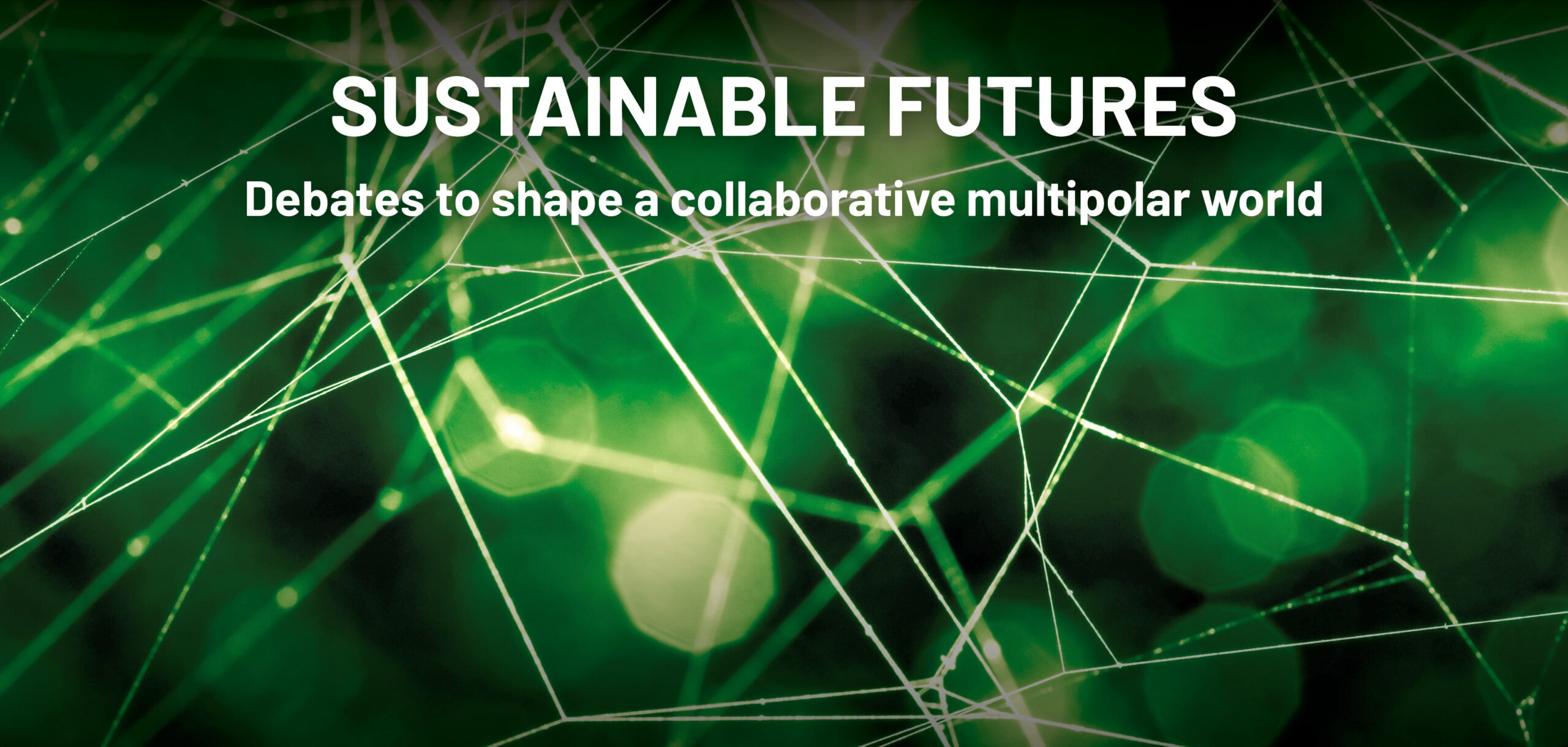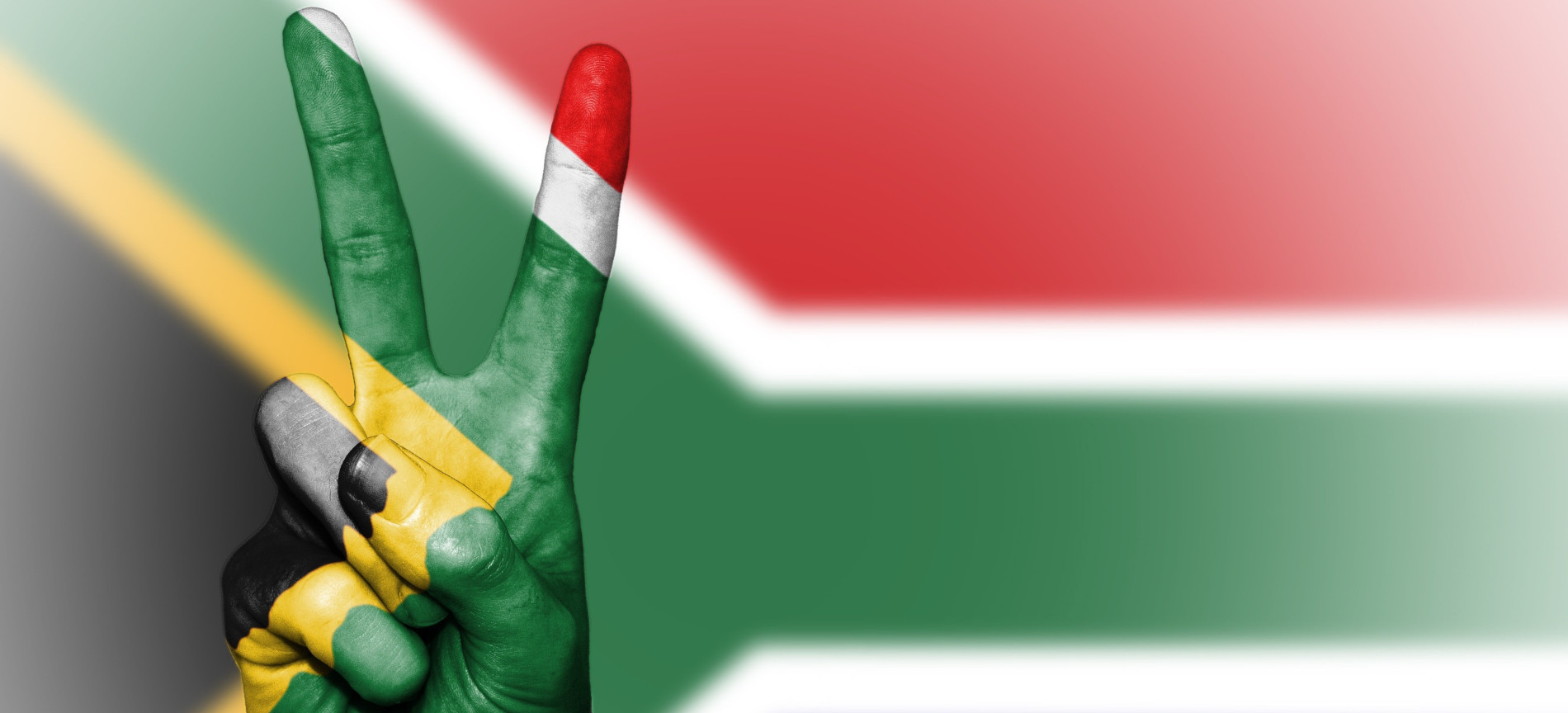 © European Union / David Martin, Source: https://www.flickr.com/photos/cor-photos/53379323878/in/album-72177720313008202/
© European Union / David Martin, Source: https://www.flickr.com/photos/cor-photos/53379323878/in/album-72177720313008202/
When Sultan Al-Jaber, the United Emirates of Arabia President of COP28, finally presented an amended text for adoption in the closing plenary, the EU seemed relieved: For the first time in 30 years of climate negotiations, the decision now explicitly addressed fossil fuels. At last years “COP27” UN climate change conference, the EU took many by surprise with a gamble it appeared to have taken. Europe conceded to developing countries’ demands with regard to establishing a designated funding mechanism to deal with loss and damage resulting from climate change literally in an overnight turnaround. It had expected to yield returns with regard to mitigation ambition, yet, these did not materialize at COP27. Following the establishment of the Transitional Committee there was no way back for the EU in the run up to COP28. Indeed, the EU now needed to be seen to walk the talk and deliver on loss and damage finance, which in fact it has done. Still, return on investment, if you will, remained uncertain until the very last hours of extra-time at this year’s COP28.
As a top priority for COP28, the EU’s aim was to land a deal on the „phase-out“ of fossil fuels and the „phase-in“ of renewable energy. While the final decision falls short of the desired wording on fossil-fuel phase out, it does introduce the „transitioning away from fossil fuels“, which signifies nothing less but a game changer. Moreover, the decision includes the tripling of renewable energy and doubling of energy efficiency by 2030 as initiated by the EU ahead of COP28. This led EU Climate Commissioner Wopke Hoekstra to conclude that: “The world just adopted a historic decision at COP 28 to set in motion an irreversible, accelerated transition away from fossil fuels. With that, we have achieved what we set out to do: keep 1.5 within reach and mark the beginning of the end of fossil fuels“.
While it is hard to assess the EU’s specific role in securing this outcome, it is fair to appraise its consistency in „holding the line“- a metaphor used by civil society organisations to refer to the need to limit global warming to 1.5 degrees Celsius, as stipulated in the Paris Agreement. The EU’s Green Deal and its domestic climate law which entails a reduction of CO2 emissions by at least 55% by 2030 compared to 1990 levels underpinned European delegates with the necessary self-confidence to do so and to present itself once more as a global leader on climate policy. Moreover, the EU can claim to be the world’s largest provider of climate finance for developing countries – an achievement that shines all the brighter in the glaring contrast to the US, among others, who have been failing to contribute their fair share for a long time. Accordingly, Teresa Ribeira, the Spanish environment minister who led the EU Delegation on behalf of the Spanish Presidency, as well as a host of EU representatives including German foreign minister Annalena Baerbock, could authentically threaten to not accept a COP outcome that would be way below the EU’s expectations. It also made the EU a credible partner for the so-called “High Ambition Coalition” (HAC) of countries, prominently including the Alliance of Small Island States among others, which insisted on fossil-fuel phase out. It is here, arguably, that the EU’s upfront investment on Loss and Damage eventually payed off. On balance, the EU did everything that was needed to „hold the line“ of including fossil fuel language into the final decision as a means to keep 1.5 degrees within reach.
This was no mean feat – as was evidenced by the fierce negotiations throughout the two weeks of COP28. While in the past, the EU has often struggled to present a united position in UN climate change negotiations, it came to Dubai well-prepared and with an ambitious negotiating mandate. Throughout COP 28, the EU managed to stand and act together – most notably when the UAE Presidency presented a draft final text for the first Global Stocktake that many parties – including the EU – considered inadequate. Unambiguously and jointly stating that the EU was not willing to accept this outcome, it kept engaging in particular through the High-Ambition Coalition to secure a substantially improved deal.
Yet, there is little reason for exuberance. The real-world impact of the unprecedented, but lukewarm language on fossil fuels remains to be seen. And there remain a number of unresolved issues and unfinished business that are hardly less important in comprehensively meeting the objectives of the Paris Agreement, not least with regard to adapting to climate change consequences that can no longer be avoided.
With regards to adaptation, the EU in Dubai failed to send strong signals of solidarity with the most vulnerable countries. The EU did not stand up strongly for an ambitious Global Goal on Adaptation (GGA) and the establishment of a framework that can guide nations in their efforts to adapt to climate change and promote climate-resilient development. While the GGA has formally been adopted in Dubai, it falls disappointingly short of quantifiable financial targets and a clear recognition of Common but Differentiated Responsibilities. Here, the EU chose to side with other wealthy countries, most notably the US, in not supporting more ambitious outcomes, mainly referring to the existing goal of doubling adaptation finance and the upcoming process of defining a new collective quantified goal (NCQG).
The EU will need to step up its game ahead of COP 29 in Azerbaijan. While rightly pointing to the large shares of climate finance it provides, the EU failed to act convincingly as “Team Europe” at the COP stage in this respect. At the start of COP 28, the COP Presidency landed two coups: a swift adoption of the agenda and the adoption of the framework of the new loss and damage fund. Together with Germany, it also presented the first pledges of 100 million each to the fund, hoping to unlock other countries’ contributions. During this opening plenary, other European governments came in -notably France, Italy and Denmark- to announce their bilateral contributions. Very good – and yet, the spokesperson for the Spanish Presidency was left to sum up these contributions and present them as a „Team Europe“. Imagine if the EU had opened the COP with a joint pledge of almost half a billion! That would have been a truly strong European signal and could be an important lesson for future EU announcements on adaptation and the NCQG.
Moreover, the decision on transitioning from fossil fuels is not supported by a package of support for developing countries to decarbonise their economies and to invest in renewables. While this weak support for so-called means of implementation is not only the EU’s fault, it also did not demonstrate leadership in this respect. In particular with regard to the Just Transition Work Programme, there remains a clear divide between the G77+ and rich countries, with the former advocating for more far-reaching visions of just transition (to address all of society, economy, justice and equity) and wealthy countries merely calling for social dialogue and stakeholder participation around Just Transitions.
In addition, when deciding on its own position in the process to define the new finance goal by then end of 2024 (the NCQG) the EU needs to be aware of the expectations of developing countries (represented as the G77 plus China in the UNFCCC). In Dubai, the EU used every opportunity to refer to the need to make all financial flows consistent with climate change and by this mainly refers to the alignment of private capital towards climate action. This is reasonable, knowing how difficult it will be for many member states to provide significantly larger amounts as public climate finance. Yet, the EU’s stance risks a rift with the G77 and China which has already stated in Dubai that it would not support such a position, referring to the provisions under the Paris Agreement that requires developed countries to assist developing countries to address mitigation and adaptation. Add this to the EU’s position to extend the contributor base of climate finance (indirectly pointing at China and other emerging economies) and you know how far positions are still apart.
Finally, the EU’s Carbon Border Adjustment Mechanism (CBAM) continues to stir controversies. Following Brazil’s request on behalf of the so-called BASIC group of countries (Brazil, China, India and South Africa), COP28 adopted an agenda item on “Concerns with unilateral trade measures related to Climate Change “, obviously targeting CBAM. The EU repeatedly stated CBAM was not coming up as an issue in the negotiating rooms, but will rather be dealt with under the WTO. However, it is clear that developing countries affected by CBAM expect greater financial and technical support packages from the EU to adapt.
Brief, the EU needs to brace itself for COP29 – complacency is never a good adviser. The Union needs to further ‚capitalize‘ on the investments it has been making, and to build on the (renewed) trust it has been generating in the context of the High-Ambition Coaliton: clear support for means of implementation and new and additional sources of funding, an ambitious collectively quantified goal with public finance at its core and much stronger support for adaptation ahead of the new round of enhanced Nationally Determined Contributions (NDCs) that are due in 2025.
 Photo by Keira Burton: https://www.pexels.com/photo/multiracial-positive-male-and-female-students-using-smartphones-in-city-park-6146931/
Photo by Keira Burton: https://www.pexels.com/photo/multiracial-positive-male-and-female-students-using-smartphones-in-city-park-6146931/




